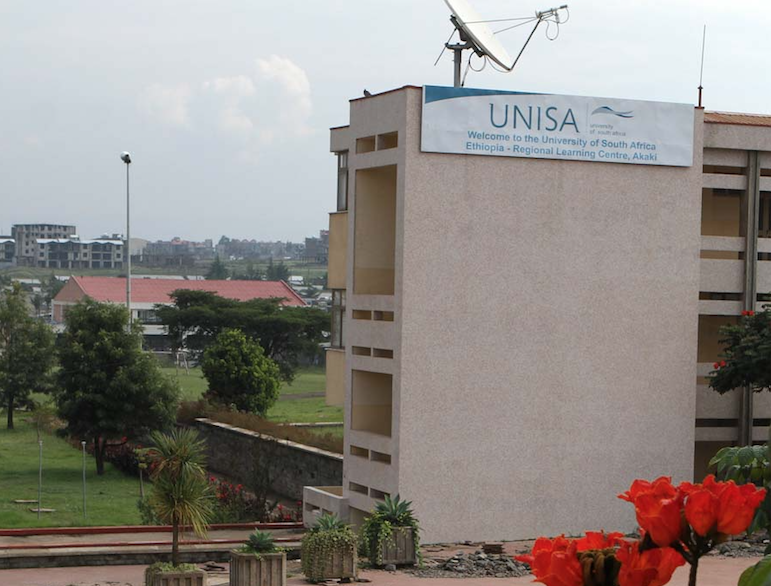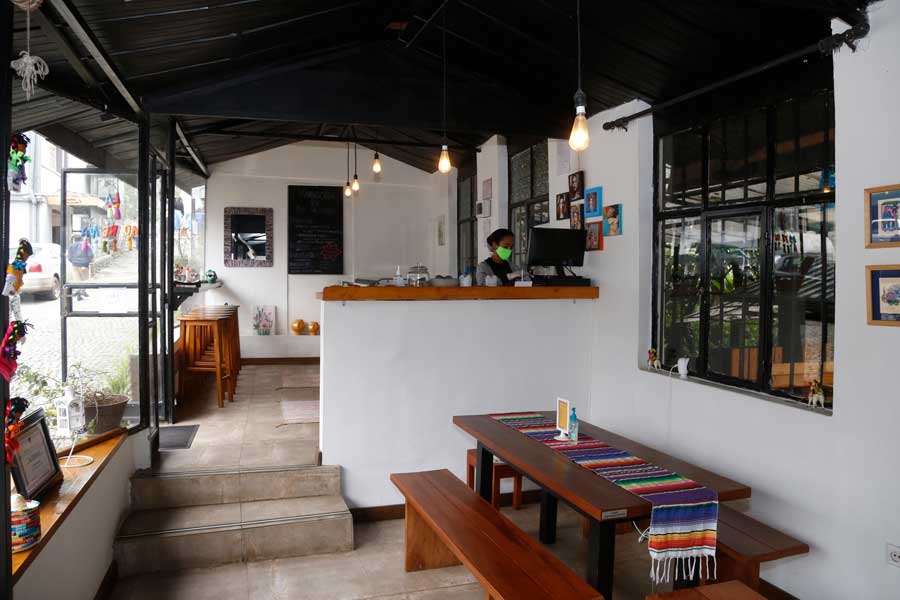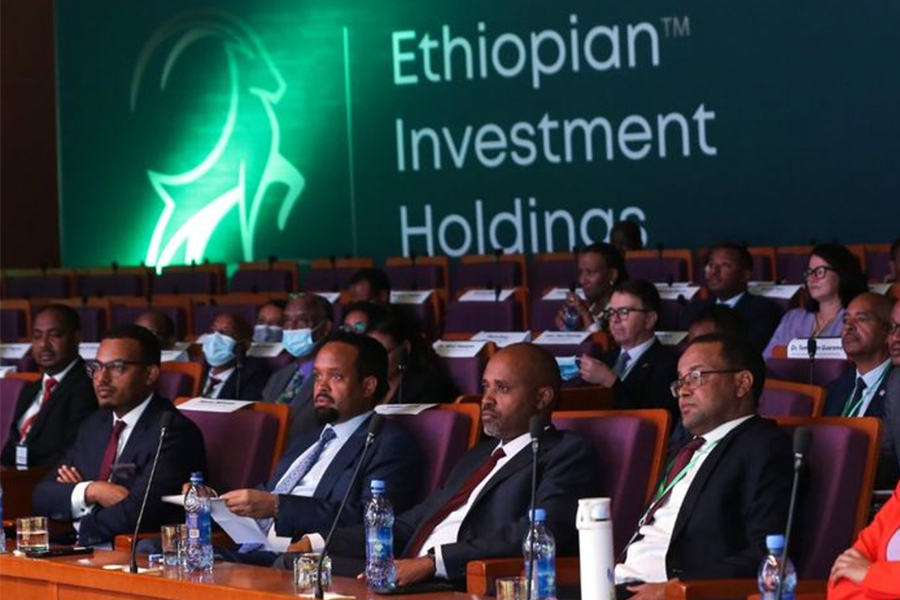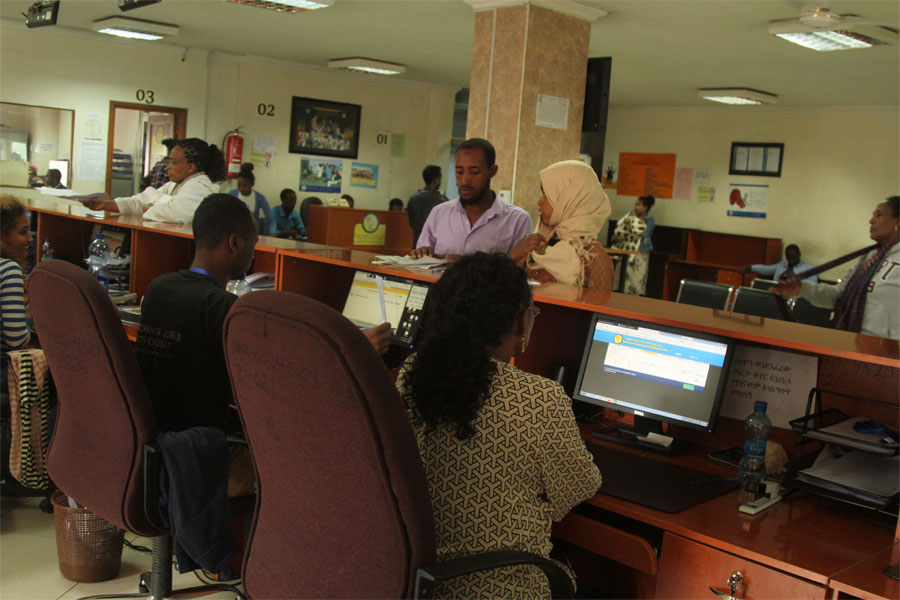
Fortune News | Jul 10,2020
It is not talked about as much. But the age we live in offers unprecedented access to a world of information. For those willing to learn, there is no shortage of knowledge.
I recently attended a class by the Massachusetts Institute of Technology (MIT); it was a lecture posted on YouTube. Its topic was on how an aeroplane flies. The course was facilitated by a young Indian professor. As admitted by many who watched (or attended), who know nothing about flying, after watching this presentation from start to end, we now have useful knowledge of the principles of flight. Moreover, through her intelligible well-researched explanations, she enjoined the need for more resources to be available for free to make it accessible for the most amount of people.
In the lecture video, for every question a professor poses in the classroom, there are equally amazing answers from many of its students. Yet, it was not 100pc. There were some ill-conceived answers from the classroom that fueled her ire. In her words, much of these flawed views on science propagate on the internet in the form of misinformation. Her scathing commentary against what is hardly surprising these days was that they were being made by people that were plainly wrong or deliberately concealing facts to gain an advantage.
This is not to say that helpful knowledge only comes from academia. The age of the internet is only supercharging the historical experience of laymen and women figuring things out. Take William Banting, an overweight cabinetmaker and undertaker. Convinced by his own discomfort, and perhaps from his undertaking activities, that many deaths resulted from overeating, he went on a strict diet. He is said to have lost 20Kg and taken 30 centimetres off his waist. As so many dieters do, he then wrote a book about his experience, setting forth his method of losing weight.
“Bantingism” called for a meat diet and abstention from practically everything else with carbohydrates in it. It was not popular at the time; it was at least a century too soon for the diet revolution.
This all was reminiscent as I brought the issue up with my niece after we met in front of Cinema Ethiopia. As our talks immediately shifted to today’s computer world, which is thought to value usable and immediate information to public access, we began discussing Elon Musk’s threat to walk away from his 44 billion dollar bid to buy Twitter. We shared our fret about the latest sign that his plan to overhaul the social media platform may really be starting to tumble, allegedly because Twitter is unable to give him information about the amount of bots, computer programmes that simulate human social media activity accounts. It would be a tragedy because he could bring much-needed energy to the platform. Last week, Twitter’s board of directors voted unanimously to sell the company.
We discussed concerns regarding the freedom of speech, expressing oneself with what is termed rudimentary or reduced version or interpretation of an issue, thing, or prior version. No doubt we are in the age of hyperbole. Manoeuvring one’s way efficiently through the electronic multimedia landscape amidst a wealth of information is increasingly becoming a complex and tasking act. It needs care and attention.
At the same time, the amount of knowledge and information freely available to people at the touch of a finger is unprecedented in human history. It is up to us individually to make the best out of it. It would be like going to MIT without actually doing so as the platforms and systems continue to modernise.
PUBLISHED ON
Jun 25,2022 [ VOL
23 , NO
1156]


Fortune News | Jul 10,2020

Radar | Jan 26,2019

Fortune News | Oct 05,2019

Agenda | Jul 13,2020

Radar | Jul 13,2019

Fortune News | Jun 24,2022

Radar | Jun 19,2021

Fortune News | Dec 10,2018

Radar | Sep 07,2019

Viewpoints | May 27,2023

Dec 22 , 2024 . By TIZITA SHEWAFERAW
Charged with transforming colossal state-owned enterprises into modern and competitiv...

Aug 18 , 2024 . By AKSAH ITALO
Although predictable Yonas Zerihun's job in the ride-hailing service is not immune to...

Jul 28 , 2024 . By TIZITA SHEWAFERAW
Unhabitual, perhaps too many, Samuel Gebreyohannes, 38, used to occasionally enjoy a couple of beers at breakfast. However, he recently swit...

Jul 13 , 2024 . By AKSAH ITALO
Investors who rely on tractors, trucks, and field vehicles for commuting, transporting commodities, and f...

Nov 1 , 2025
The National Bank of Ethiopia (NBE) issued a statement two weeks ago that appeared to...

Oct 25 , 2025
The regulatory machinery is on overdrive. In only two years, no fewer than 35 new pro...

Oct 18 , 2025
The political establishment, notably the ruling party and its top brass, has become p...

Oct 11 , 2025
Ladislas Farago, a roving Associated Press (AP) correspondent, arrived in Ethiopia in...